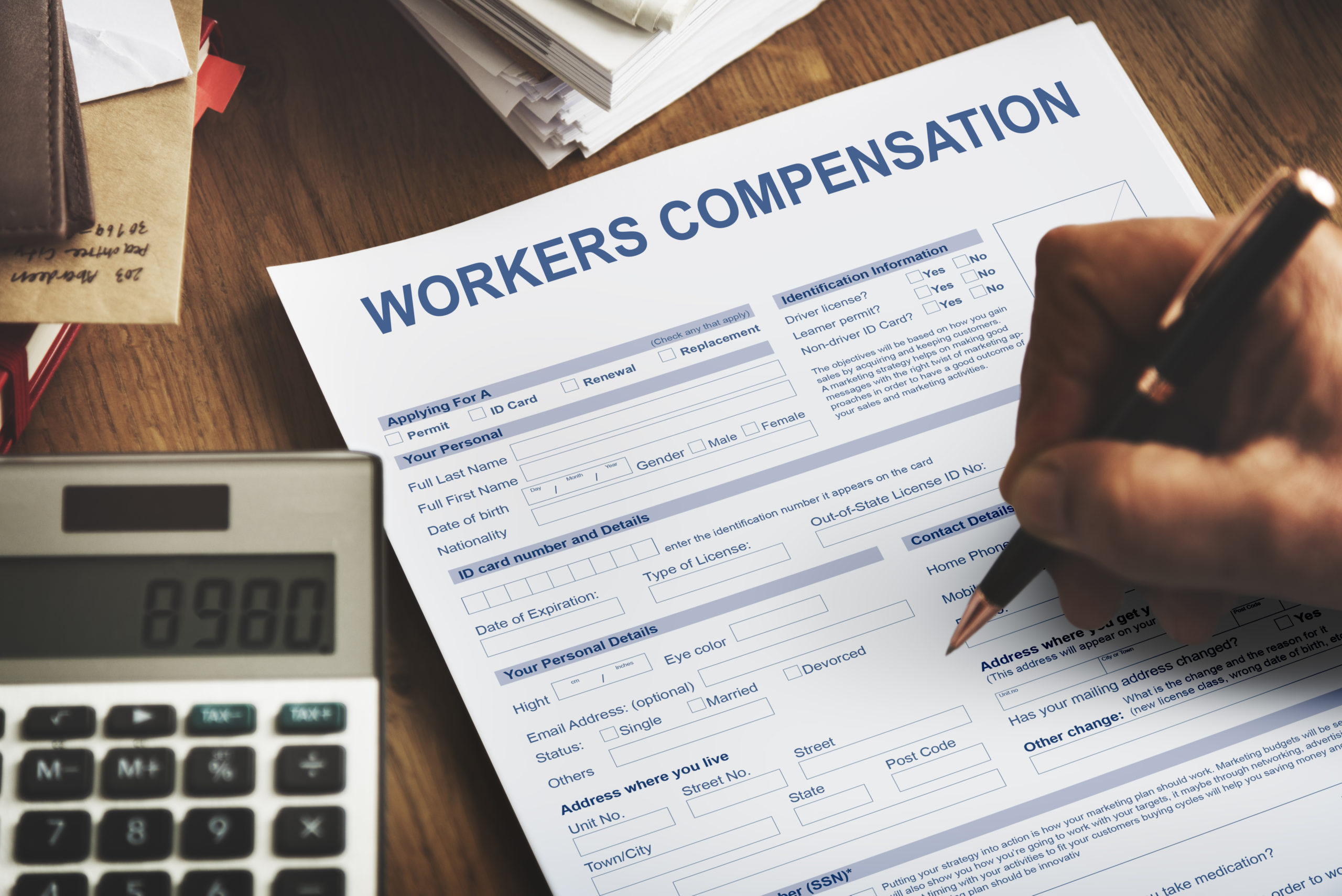
Did You Know Employers Cannot Discriminate Against or Fire an Employee for Workers’ Compensation Claims?
Workers who are injured on the job are often wary of workers’ compensation claims for fear of retaliation or discrimination from their employer. However, under New Jersey law, employers cannot legally discriminate against you or fire you for filing a workers’ compensation claim.
Workers compensation is a “no fault” insurance program that provides medical treatment, wage replacement, and permanent disability compensation to employees who suffer job-related injuries and illnesses. It also provides death benefits to dependents of workers who have died as a result of their employment. An injured employee will receive benefits regardless of who was at fault. In exchange for these guaranteed benefits, the worker does not have the right to bring a civil action against the employer for pain and suffering or other damages, except in cases of intentional acts.
Section 34:15-39 of the New Jersey Statutes states, “It shall be unlawful for any employer or his duly authorized agent to discharge or in any other manner discriminate against an employee as to his employment because such employee has claimed or attempted to claim workers’ compensation benefits from such employer, or because he has testified, or is about to testify, in any proceeding under the chapter to which this act is a supplement.”
Violating this act by discriminating against or firing an employee is punishable by a fine of up to $1,000, imprisonment for up to 60 days, or both. The law also dictates that a wrongfully fired employee be reinstated, and the employee is entitled to compensation from the employer for any lost wages due to discrimination.
While your employer cannot fire you merely based on your workers’ compensation claim, they can fire you while you have an open workers’ compensation claim—as long as they can prove that firing you had nothing to do with the claim itself. Your employer must give a valid reason (i.e. poor job performance, layoffs due to financial constraints, company restructuring, etc.) that does not pertain to your workers’ comp claim.
However, determining whether or not you were fired due to a workers’ compensation claim is rarely black and white. Most employers will not come right out and say you are being fired because of your workers’ compensation claim because they know you could sue for discrimination or retaliatory termination. Instead, they will mask the real motivation by saying you were fired due to poor job performance, financial concerns, or some other reason.
If you are fired while you have an open workers’ compensation claim (or you think your employer might try to fire you in the near future), make sure to keep any documentation related to your injury and employment. Save any documents, emails, medical records, or other evidence that may support your claim of employment discrimination or retaliatory termination. An experienced workers’ compensation attorney will be able to review these documents to determine whether or not you have a strong case against the employer.


















